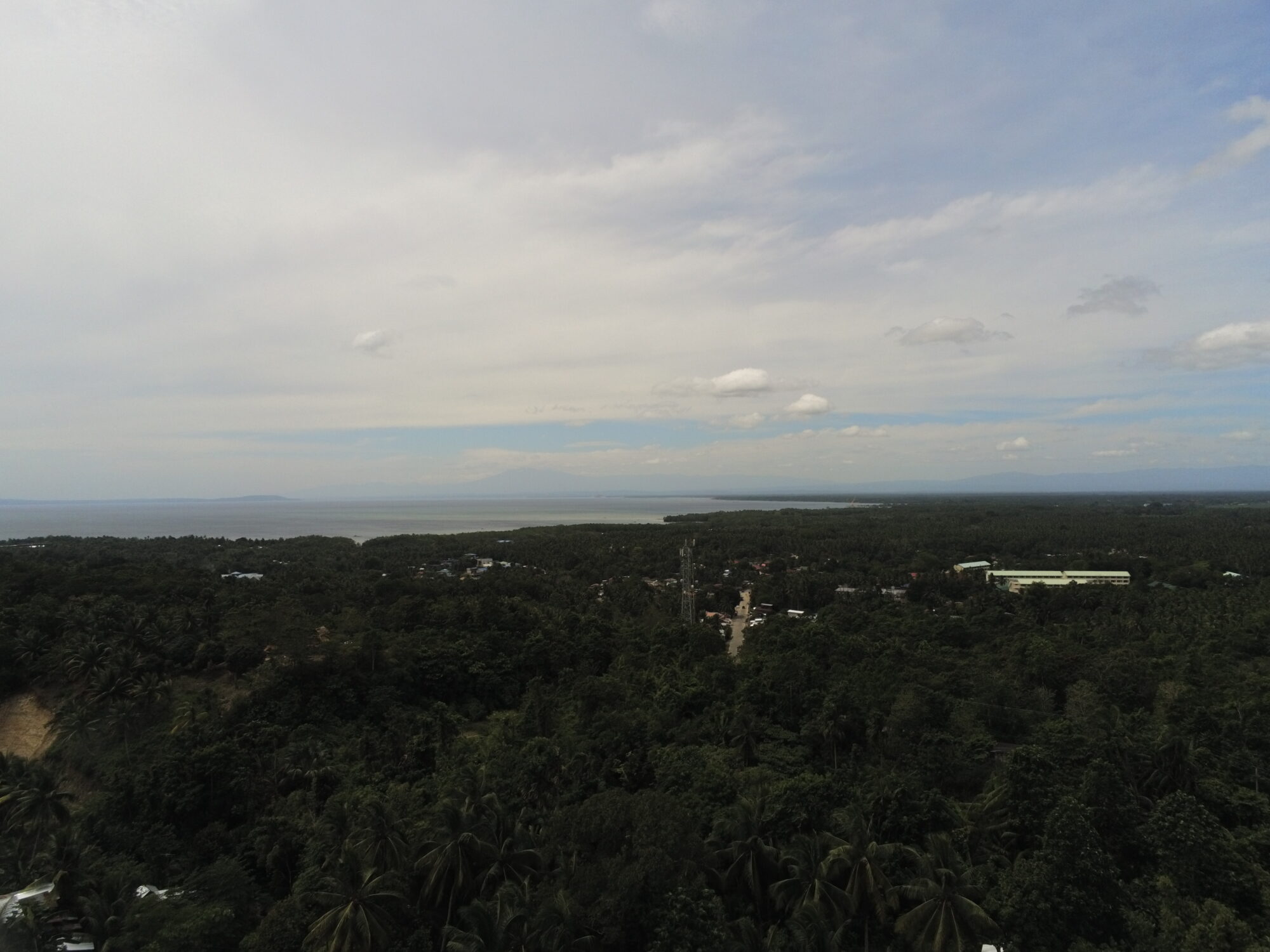Project site
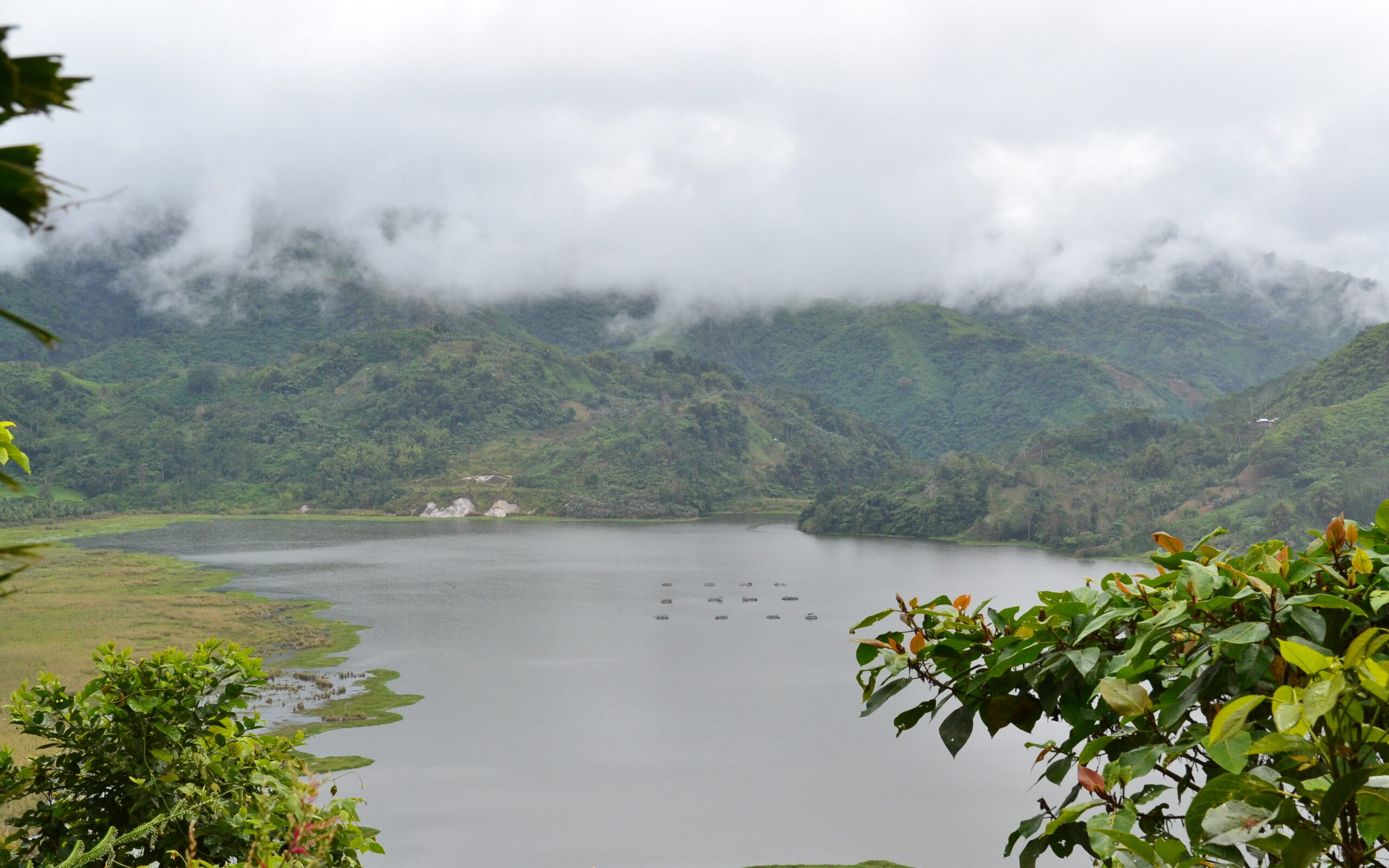
SFITAL focuses on Davao de Oro Province (formerly Compostella Valley) in Region XI, which is found in the southeastern part of Mindanao in the southern part of the Philippines. DdO can be found in the middle eastern part of the Davao region, with 11 municipalities covering 237 barangays.
With a total land area of almost 4,667 square kilometers, over 26% of the province’s land area is classified as forestland while about 19% is considered Alienable and Disposable.
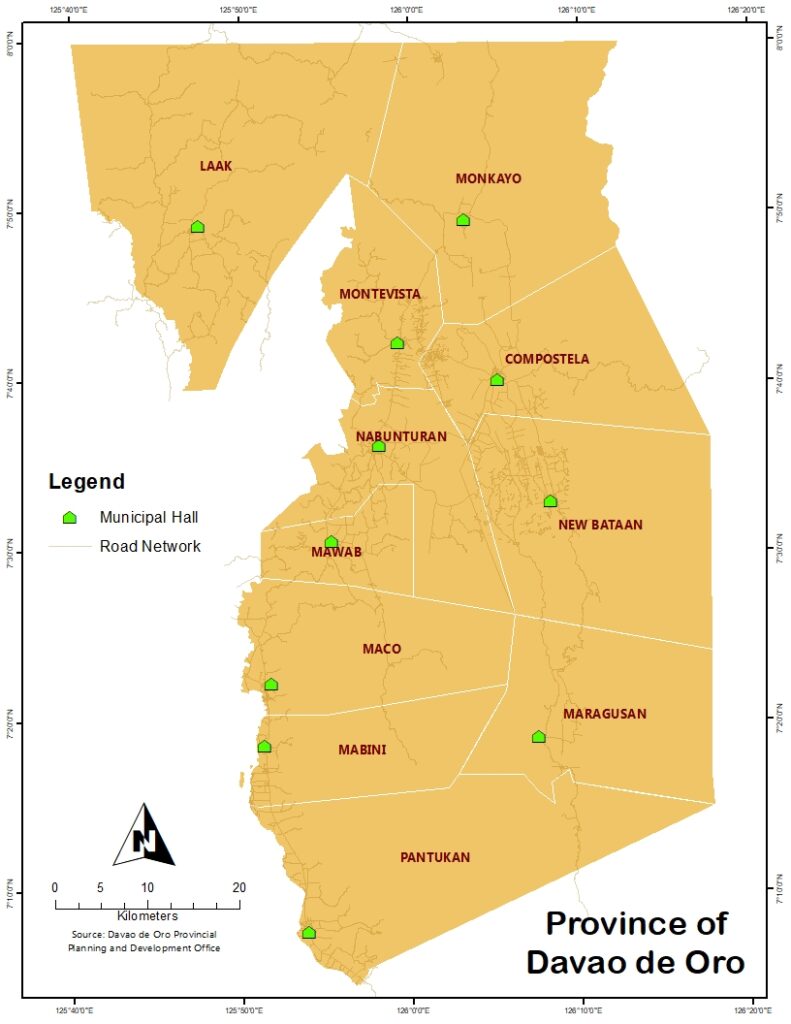
Specifically, SFITAL will work on three focal sites, namely New Bataan, Maco, and Nabunturan, which is the province’s capital. These sites are jointly selected with project partners.
In terms of climate and elevation, over 30% of Davao de Oro’s land area is within 500-1000 masl, while one of the highest points in the province, which reaches more than 2,000 masl, is located in the municipality of New Bataan. It has an average monthly temperature of 27.4°C and an average monthly rainfall of 156.5 mm (based on 2015 data).
Project partners
With existing initiatives in the targeted landscape and the breadth of experience of government, non-government, and communities’ experience in the pilot area, partner engagement will be one of the core strategies of SFITAL. The following collaborators are identified and the potential synergy with each:
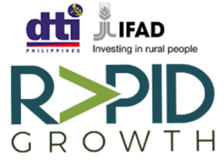
DTI – Rural Agro-enterprise Partnership for Inclusive Development and Growth (RAPID)
SFITAL works hand-in-hand with DTI-RAPID team to complement the objectives of increasing smallholder participation in the cacao value chain. DTI-RAPID will be an important partner as leverage in terms of site identification, community and local government engagement, capacity-building, and up-scaling activities. DTI-RAPID also will help provide strategic direction to SFITAL outcomes as member of the SFITAL Technical Advisory Council.

Kennemer Foods International
As SFITAL’s strategic partner in the Philippines, the project seeks to work with Kennemer on the production and marketing aspects of the cacao value chain. SFITAL seeks to utilize Kennemer’s experience on the ground as part of the baseline on what farming systems are best adopted in their growership program to possibly enhance and model for upscaling. Furthermore, SFITAL will leverage on Kennemer’s long-standing partnership with the government in providing support to smallholders.
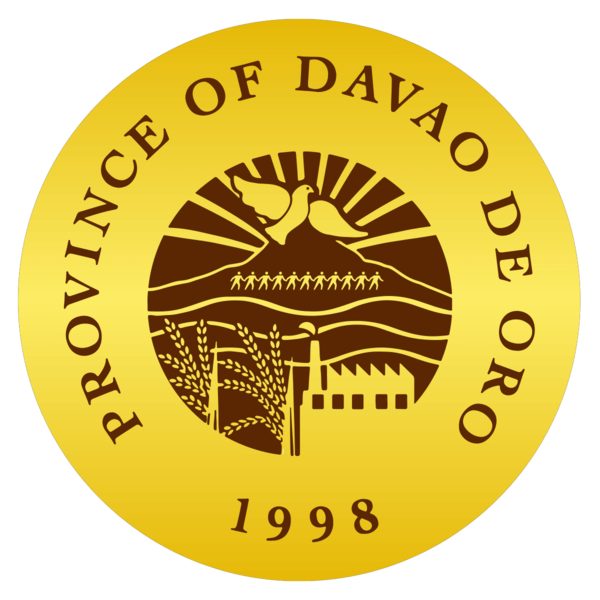
Provincial Government of Davao de Oro
SFITAL will work with the provincial level government as a member of the multi-stakeholder partnership in the development of a Sustainable Cacao Roadmap for Davao de Oro, to be aligned with medium- and long-term plans of the province and the region for the cacao sector. Through the Provincial Agriculturist Office, SFITAL will continuously engage to local government partners at policy and extension aspects to deliver needed capacity for smallholder cacao farmers in Davao de Oro.
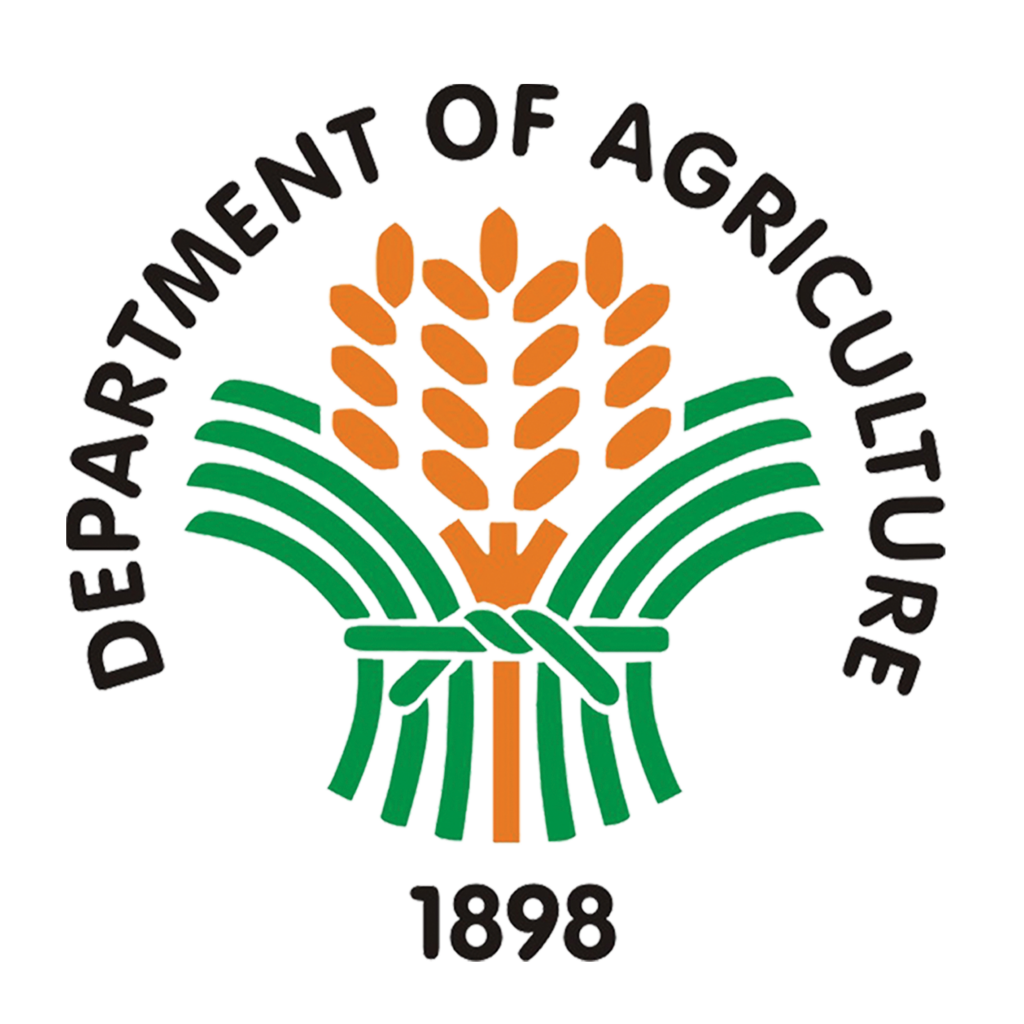
Department of Agriculture
As a project focused on a high-value crop commodity, SFITAL will align its interventions to DA’s programs on the ground, specifically on how the current GAP is adopted and can be potentially improved. SFITAL will also leverage DA’s existing data on smallholders and characteristics to help validate surveys and other data collection to be conducted.

Department of Environment and Natural Resources
While providing assistance to smallholder participation in the value chain, SFITAL also focuses on the environmental and sustainability aspect of cacao and its impact to the province landscape. With DENR’s prior and on-going experience in employing cacao-based agroforestry to address soil erosion and other environmental challenges in the area, SFITAL can leverage on the existing body of knowledge and long-term plans as a case to use agroforestry in national restoration programs in the Philippines.

Philippine Cacao Industry Council
As the national body that promotes the development of cacao in the country, SFITAL’s partnership with the PNCIC can help mainstream the project results and lessons learned on the ground to evaluate the upscaling of cacao-based agroforestry farming to other provinces and regions who have similar issues and challenges. Similarly, the Council can help in guiding policy to member national agencies based on the knowledge generated in the SFITAL project.
